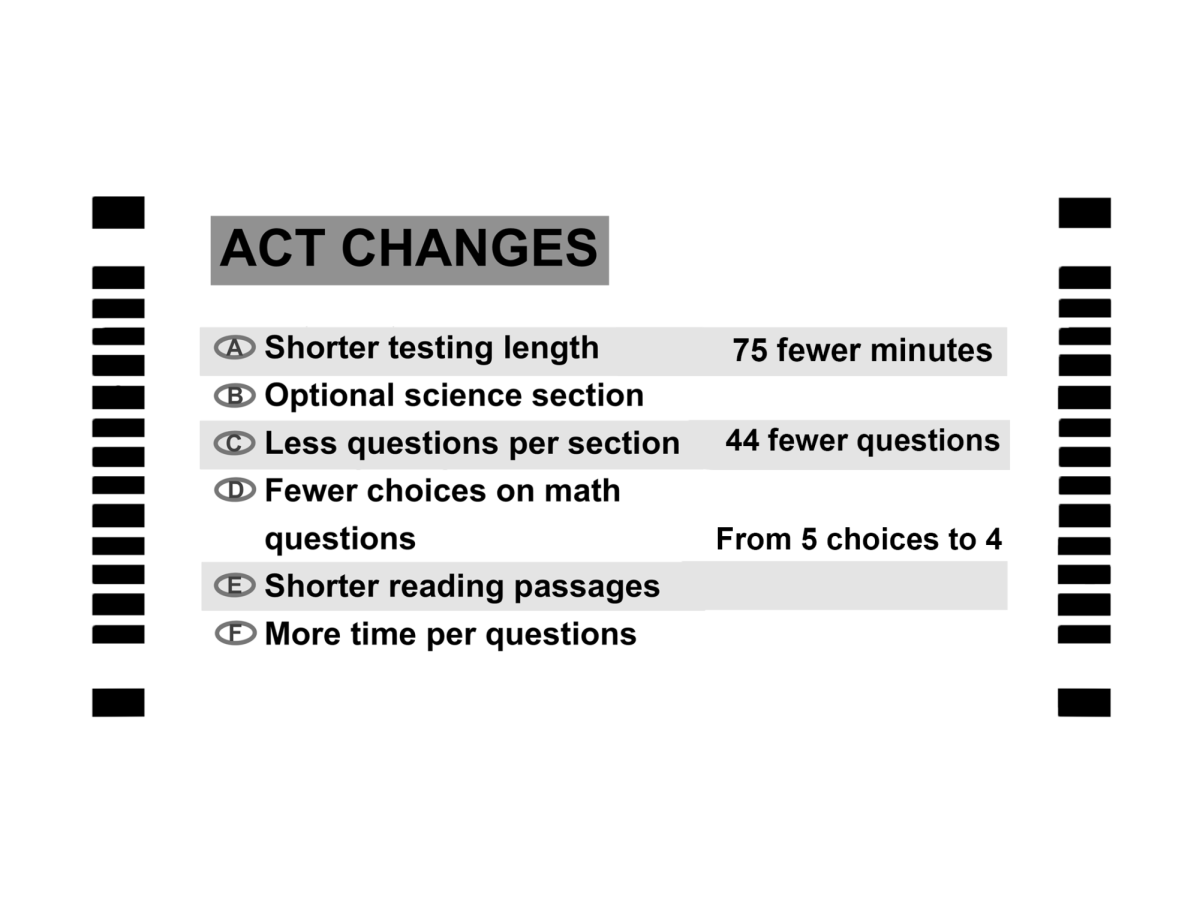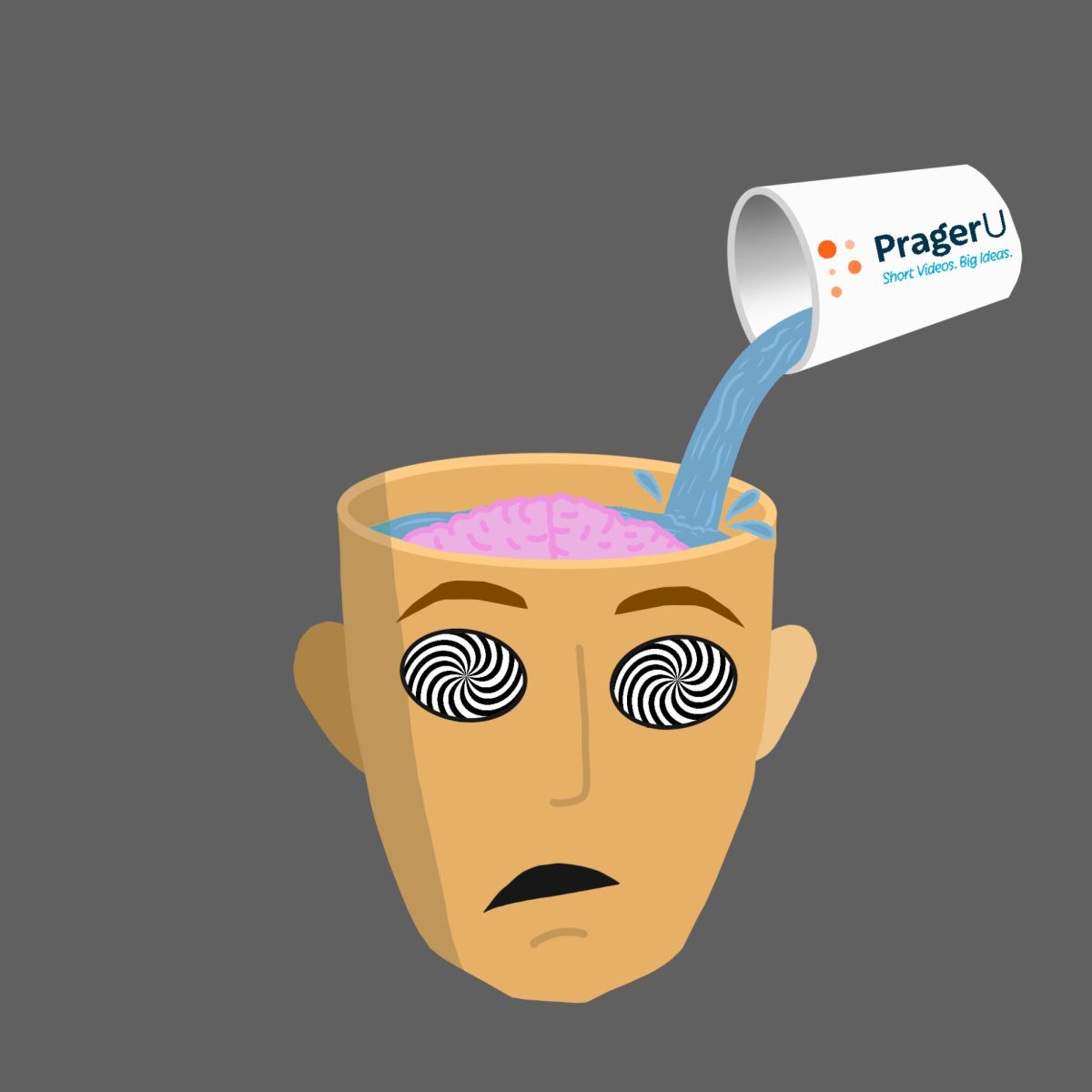California Gov. Jerry Brown signed a bill into law in March that raises the state minimum wage to $15 an hour over the next six years. Other companies, cities and states have either passed similar legislation, raising minimum wages to $15, or proposed doing so within the coming years.
When minimum wage was signed into law in 1938 with the passing of the Fair Labor Standards Act, it was intended to ensure that all jobs provide enough money for a person to purchase basic necessities to sustain life. You are not intended to live a 5-star lifestyle working a minimum wage job.
Most minimum wage jobs require either little training, little to no education, or both; jobs that pay good wages require both for a reason. With the average wage in America hovering around $16.70, the average American likely would and definitely should be outraged if fry cooks suddenly made comparable wages to workers who went to college to be able to work in their professions.
Raising the national minimum wage to $15 will result in a significant increase in unemployment as many small businesses will not be able to comply with the law with their current number of employees, and most large businesses will not want to pay workers significantly more.
Many small businesses will either fold, causing everyone employed to lose their jobs, or begin firing employees that become non-necessities, which still results in unnecessary unemployment. There is no reason to believe that small employers will be able to pay the same number of people under the new minimum wage law or that large employers will suddenly believe that their cashier is worth $15 instead of $8.
Minimum wage has never been significantly increased in the past, so there is no precedent for what actions companies will take in response to the raising of the wage but you can guarantee they will not be pleased. Employees make a certain amount of money because that is the price their employer thinks their job is worth. Employers will rightfully be angry with the government if they are forced to substantially increase employee wages because the American government thinks it’s the right decision.
The whole notion that raising the minimum wage to $15 helps the poor is completely false. It was projected by the Congressional Budget Office that former President Barack Obama’s proposal to raise the federal minimum wage from $9 to $10 would result in the loss of 500,000 jobs.
The number of jobs that will be lost if the minimum wage is increased significantly is much higher than 500,000. Raising the minimum wage only helps those in low-paying jobs who have job security and are not in danger of being laid off.
It would destroy any hopes of the unemployed to find a job and the hopes of those with low job security to keep their jobs. Once again, economic reform would be neglecting the poorest of the poor in exchange for helping those more fortunate. While the middle class could use the help, we should not alleviate their tensions at the cost of the working class.
Companies and businesses exist to make profit. While the products they produce and employment they provide benefit people, they do not solely exist to better the lives of others. There is no reason to believe that companies will begin to pay workers $15 for flipping hamburgers if they do not believe that the person deserves that money, resulting in further job loss.
The goal of raising the minimum wage to $15 is to help the working and middle class, but doing so would result in the exact opposite. Because more businesses would be unable to pay the same amount of workers higher wages, unemployment would, in fact, rise, which results in the working class having more trouble finding a job and losing whatever hope they have left.






